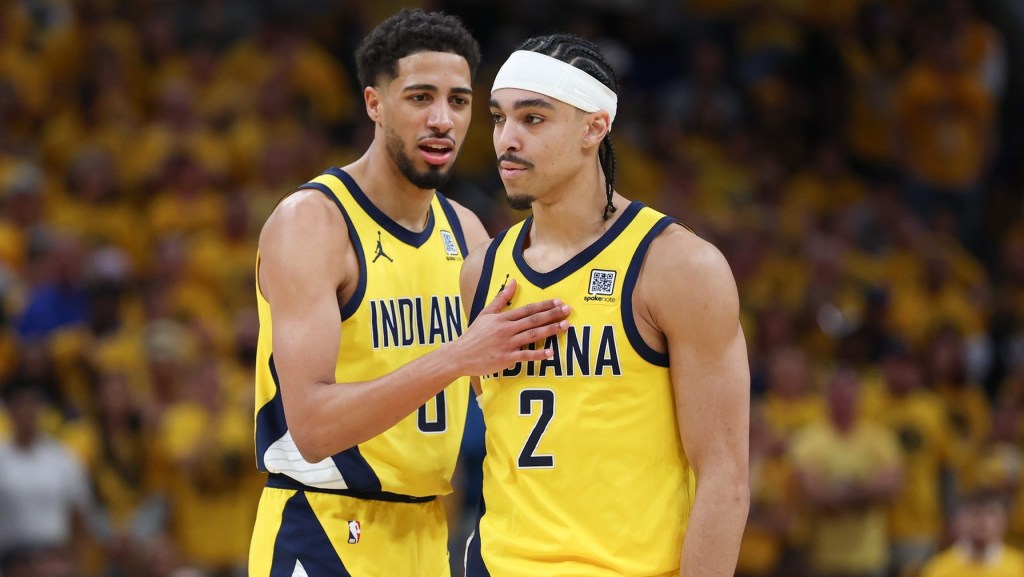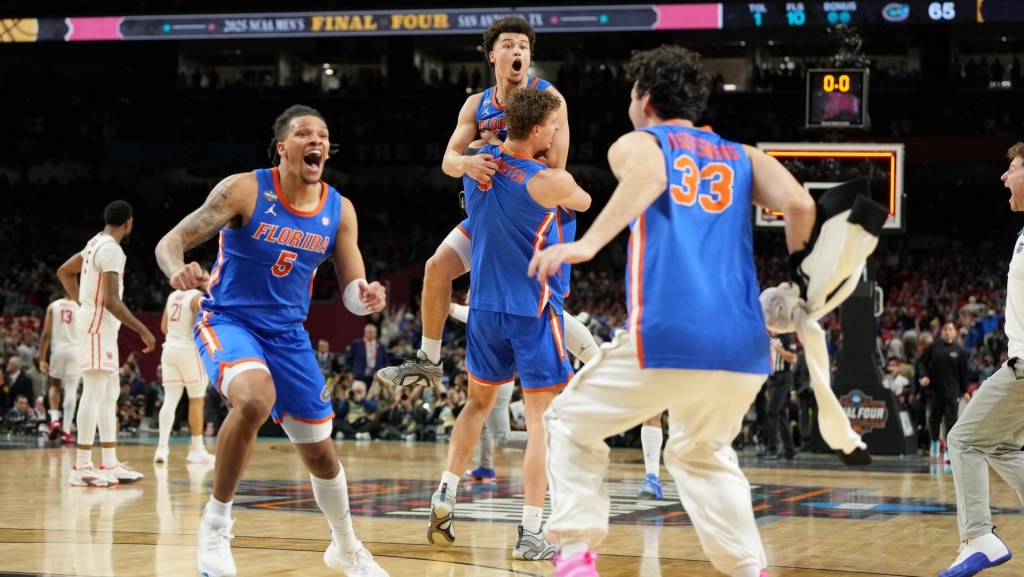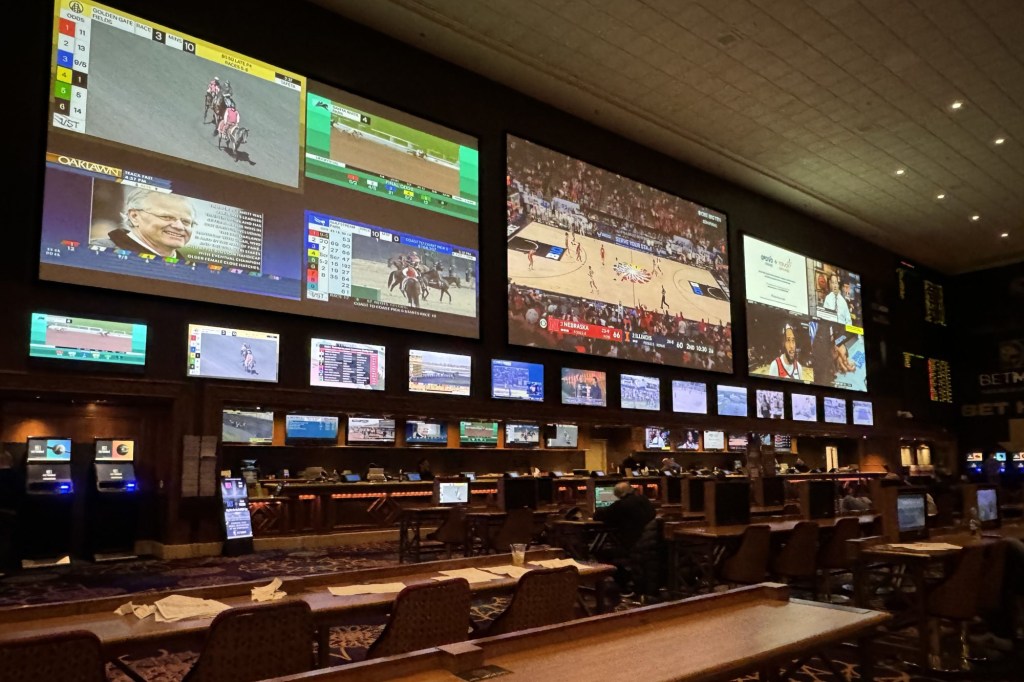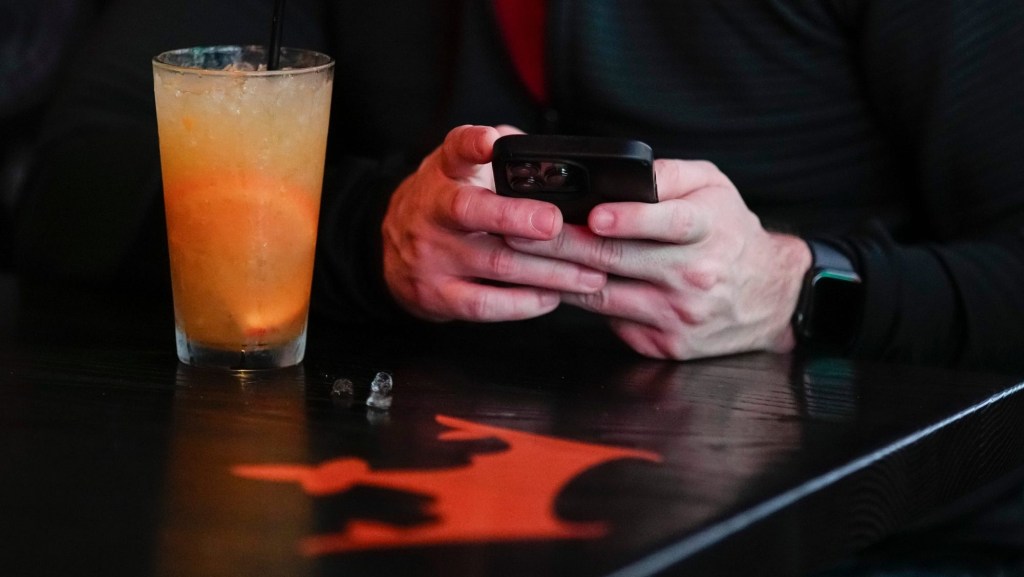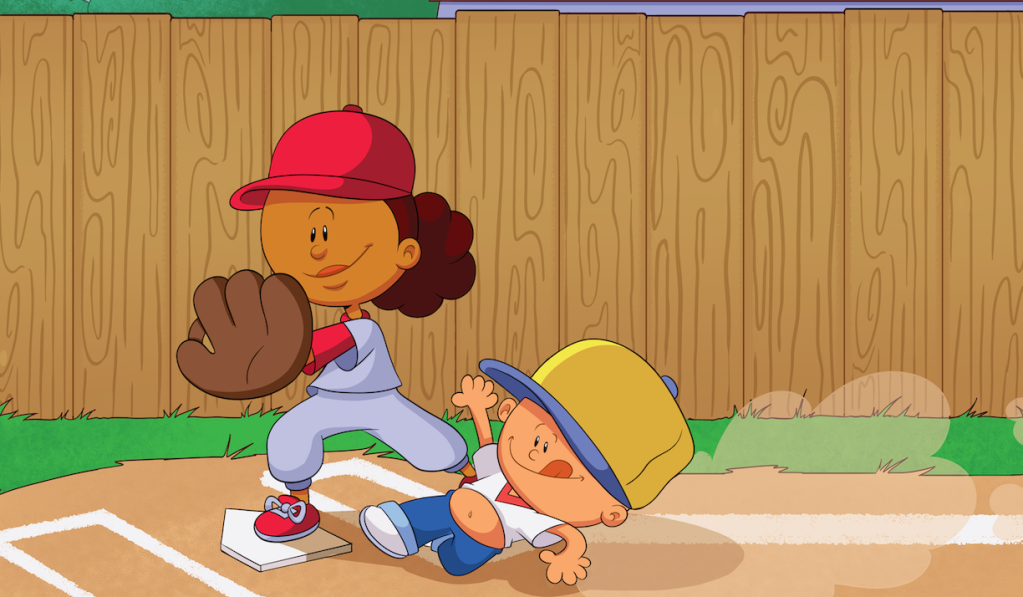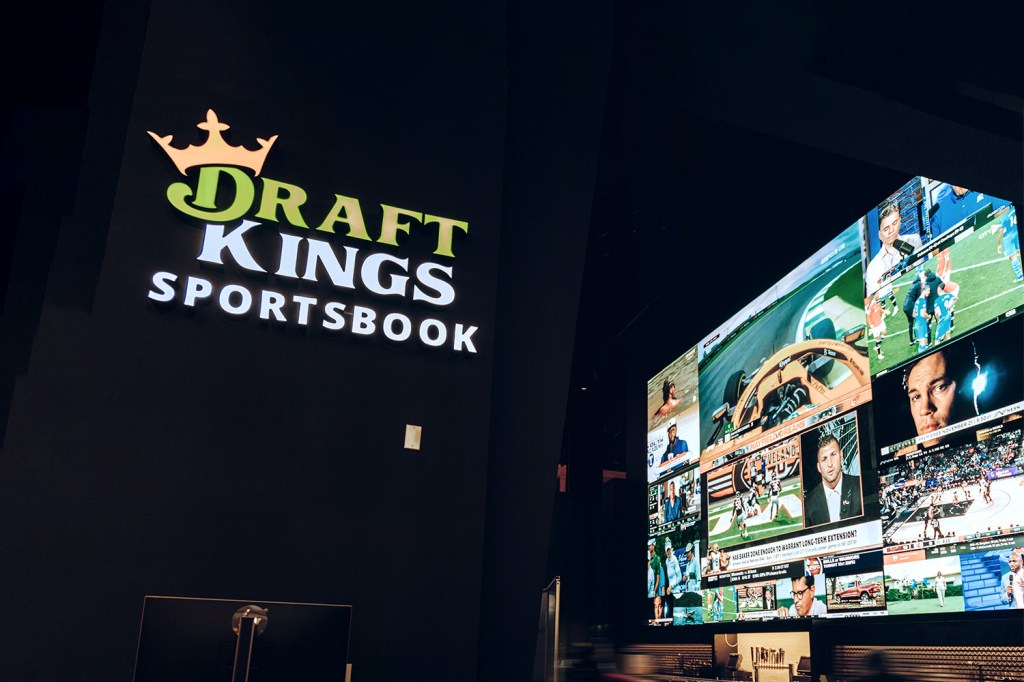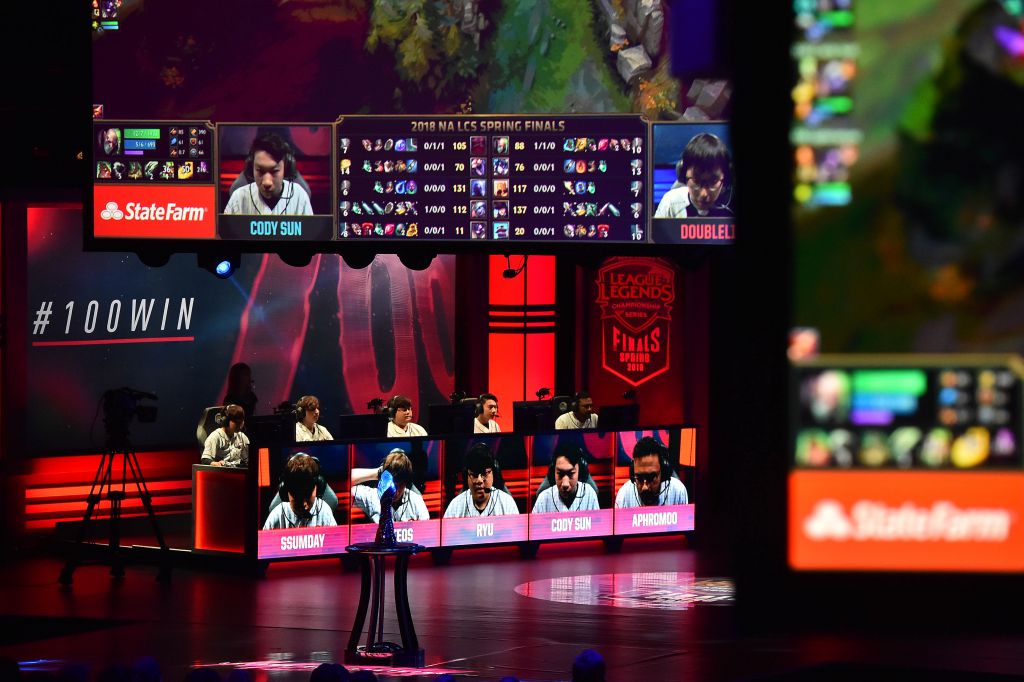
Riot Games held the first League of Legends World Championship in 2011. Instagram was eight months old. Twitch debuted that month.
The event brought in 1.69 million unique viewers. The winning team earned $50,000.
In the eight years since, League of Legends has ballooned as a competitive esport. The 2018 World Championship was watched by 74.3 million viewers. The winning team’s prize: $2.42 million.
With rapid growth comes fertile sponsorship opportunities. Naz Aletaha, Head of LoL Partnerships at Riot Games, is behind that operation. In her tenure at Riot Games – which started in 2012 before a promotion to her current role in 2013 – Aletaha has taken time to introduce the product to non-endemic brands. Now, her team is bringing on these brands with unique sponsorship opportunities.
“The priority for us was building out a global sport to service the very global audience that we have,” she remembered of the early days, centralizing LoL’s esports product. “It was about building up our capabilities as a sports operator, a broadcaster, a live event producer, a governing body.”
The narrative changed in 2016. That year, Riot Games hosted its World Championship in the United States, and sold out Madison Square Garden and Staples Center for the LCS semifinals and finals.
“We were able to look at the groundwork we had laid and the infrastructure that we had built,” Aletaha recalled. “We had an ecosystem that was really robust and primed for partners, where we can actually offer to come in at the regional level, national level, global level, event level and team level.”
Global esports such as League of Legends have glaring business differences than traditional North American sports leagues. While traditional sports leagues sell their broadcast rights to TV platforms, Riot Games holds on to LoL broadcast rights.
LoL has separate leagues by countries and regions. Aletaha and her team can pitch sponsors with domestic and international layers, becoming a chameleon market-to-market.
“If you go look at China, you see Nike is sponsoring the LPL (top Chinese league),” Aletaha said. “In Europe, you have Kia. In Brazil, Gillette.”
The way these brands present themselves depends on the region. In an ever-changing field, mode of consumption is not static.
“In the U.S., we’re not on linear,” she notes – NA LCS, LoL’s top North American league is broadcast on Twitch, YouTube and ESPN+ in the U.S., with ESPN+ coming after a fallout with BAMTech. “We are in some other markets where that’s how viewers consume esports. I think linear is interesting to date in the U.S. We haven’t seen that it has been necessary because our fans are so digital first. Digital platforms offer the engagement factor. You’re no longer just sitting at home on the couch by yourself with the remote control. You are engaging with like-minded people and that’s fun and exciting in a different way.”
In terms of the actual ticketing strategy, Aletaha said Riot Games keeps prices low to appeal to young fans who have less disposable income than an average fan of traditional sports. For decades, sports revenue has been about TV rights and ticket sales. While expanding in those two categories may come in the long run, Aletaha and her team would rather control and build for the time being – that is what they pitch sponsors.
READ MORE: Esports Fashion Levels Up as Esports Continue into Mainstream
At the start of the 2018 season, State Farm became a major non-endemic sponsor for NA LCS. This May, the brand announced an extension through 2021, which includes the brand becoming the presenting sponsor of the League of Legends College Championship.
Meanwhile, Mastercard became the first LoL esports global partner last September, signing on as the exclusive payment services partner for League of Legends Global Events.
“It took us over two years to explore and educate ourselves on the esports industry to determine the best path that would enable us to connect with this passionate community in an authentic way and early on, it became very evident that partnering with League of Legends was the biggest and best opportunity to do this,” said Emily Neenan, Mastercard vice president of global consumer marketing & sponsorships.
“What really stood out to us was Riot’s community-first approach, leadership and scale, which helps to create opportunities to connect with our cardholders in new ways,” Neenan said.
However, there is some concern in the esports industry as to how long Riot Games has taken to attract major non-endemic sponsors. In such a fast-moving world, LoL’s rise is not as fresh as it once was.
“They should be the top of the expectations list,” said esports consultant and journalist Rod Breslau. “They are the most-viewed game in the world. From a sales perspective, they should be the best. With LCS as a prime example, because that’s the one in North America, they have not done as good of a job as they should have considering the position they’ve been in.”
After FOS’ interview with Aletaha, another non-endemic sponsor: Rocket Mortgage, joined the fold for LCS. Meanwhile, Dr. Pepper, Puma, BMW, AT&T, Honda, Monster Energy and Nissan are among non-endemic brands partnering with specific LCS teams.
Before State Farm and Mastercard came on board, Coca-Cola and American Express both were on Riot Games’ payroll, albeit with lesser deals helping to create brand name legitimacy in the esports space. That had led to non-endemic brands with less name recognition being front and center for the property – for example, sandwich chain Jersey Mike’s was a 2018 Summer Split sponsor for LCS.
“Jersey Mike’s makes some solid-ass sandwiches, but if you’re going to tell me Jersey Mike’s – no disrespect to Jersey Mike’s – is the premier sponsor of the biggest game in the biggest region money wise, and it’s Jersey Mike’s? No,” he said.
Breslau tips his hat to Riot Games’ sales success at the global level and domestic level, outside of the U.S. He thinks LCS should look to one particular country as the standard for success.
“Nike sponsors the LPL,” Breslau said. “The LPL outclasses the LCS in terms of sponsorship, the sales of the league, it’s already a city-based thing in China. The stadiums are packed there. LPL has the best localized league in the world.”
Riot Games is a subsidiary of Tencent, the holding company, which officially owns LPL, meaning Aletaha does not have the same jurisdiction she has for the LoL World Championship and most of the other domestic leagues. But wherever she is pitching sponsors, Aletaha has the same mentality; it’s not just about writing a check. It is about creativity.
READ MORE: ‘Locked In’ Goes Behind the Curtain With NBA 2K League Players
“The right partners want to come in and learn more,” Aletaha said. “The right partners want to come in and say, ‘We understand that we can’t take the exact formula that we use in the traditional sports world and apply it here and net the results that we’re looking for.’ We want partners to bring that expertise they have from traditional marketing, but that want to collaborate with us and create something that’s custom for the gaming audience.”
Breslau is excited but skeptical to see Riot Games dive hard into the non-endemic marketplace. He believes Overwatch League has done a stronger job bringing in non-endemic sponsors in just two seasons.
“Its popularity is nowhere close to the amount of international appeal as LoL, and despite this, Activision/Blizzard – and Bobby Kotick has a lot of power and pull – they have people there who make s*** happen.”
[mc4wp_form id=”8260″]
Aletaha claims Riot Games is now in a position to build the deepest non-endemic sponsorship roster in the world. League of Legends is not the only video game set up for financial success, but with a world championship that bring in massive viewership, Riot Games holds the rights to the most lucrative esports branding opportunities at this moment.
Slowly, but surely, traditional commercials powers are loading into the space.
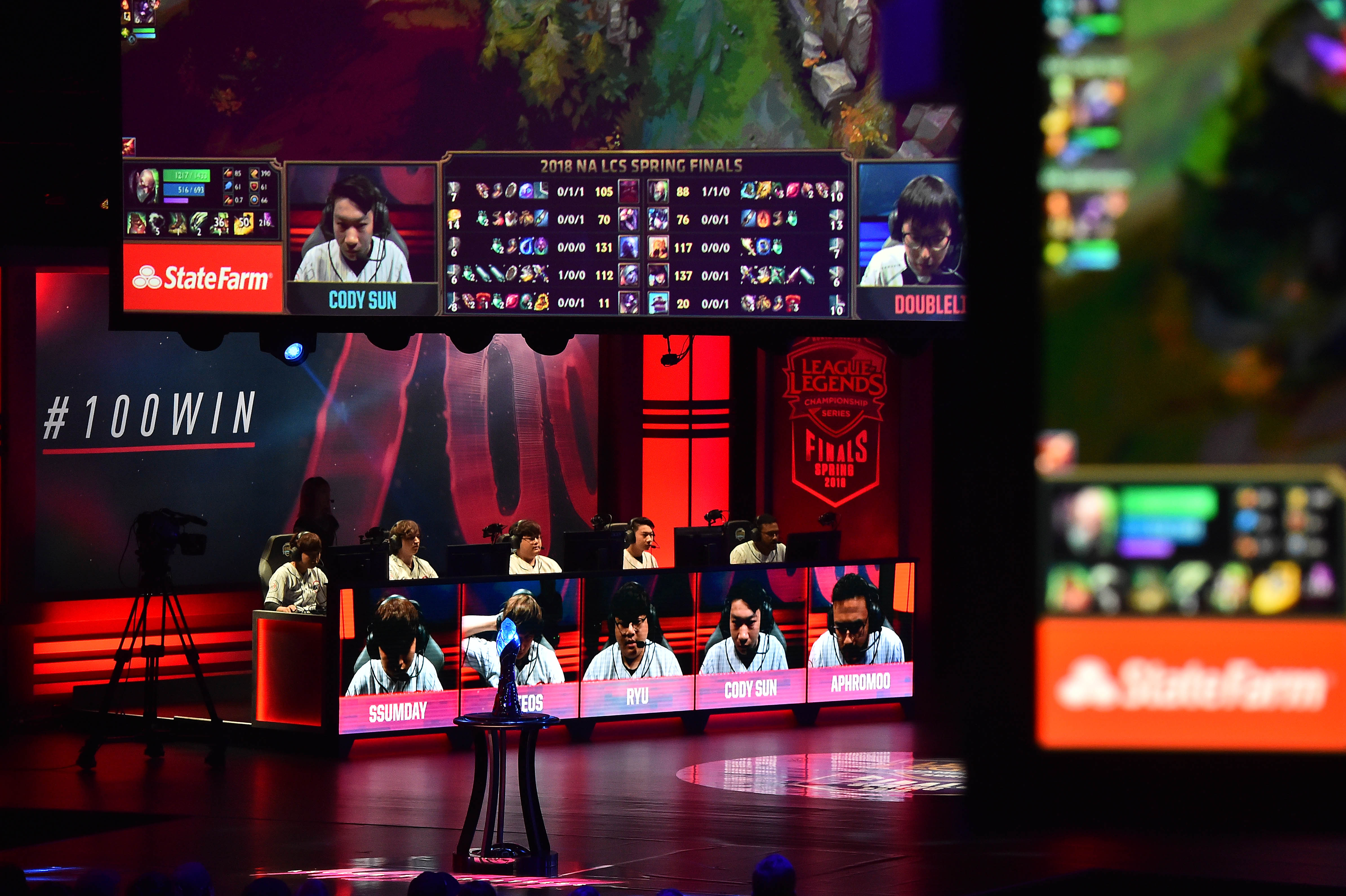
![[Subscription Customers Only] Jul 13, 2025; East Rutherford, New Jersey, USA; Chelsea FC midfielder Cole Palmer (10) celebrates winning the final of the 2025 FIFA Club World Cup at MetLife Stadium](https://frontofficesports.com/wp-content/uploads/2026/02/USATSI_26636703-scaled-e1770932227605.jpg?quality=100&w=1024)







